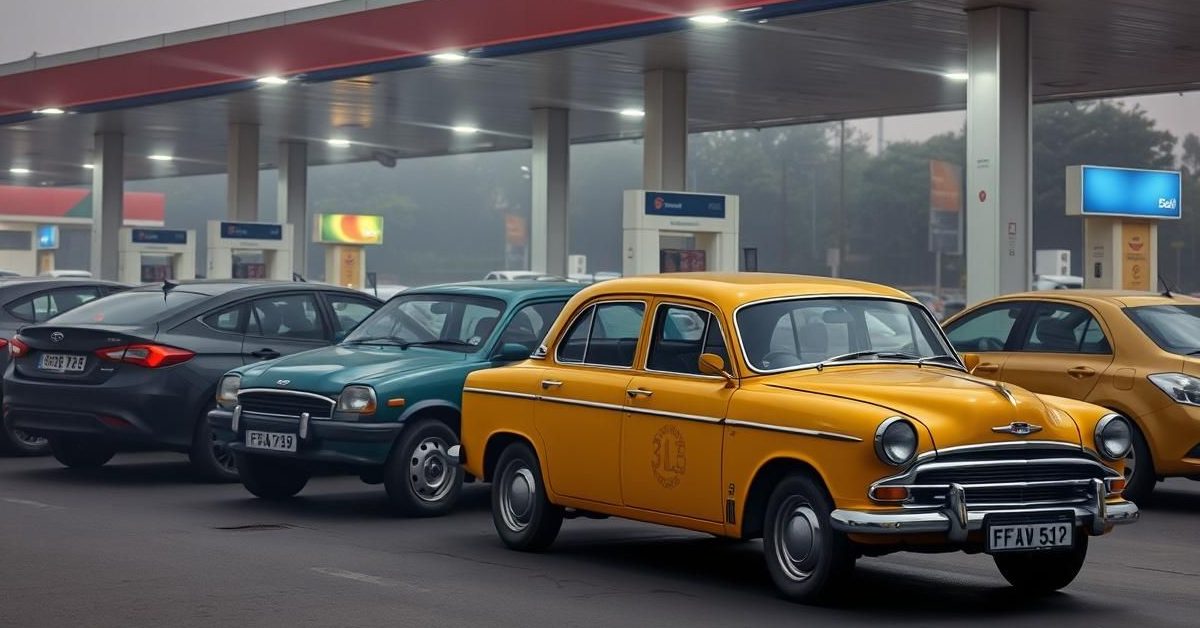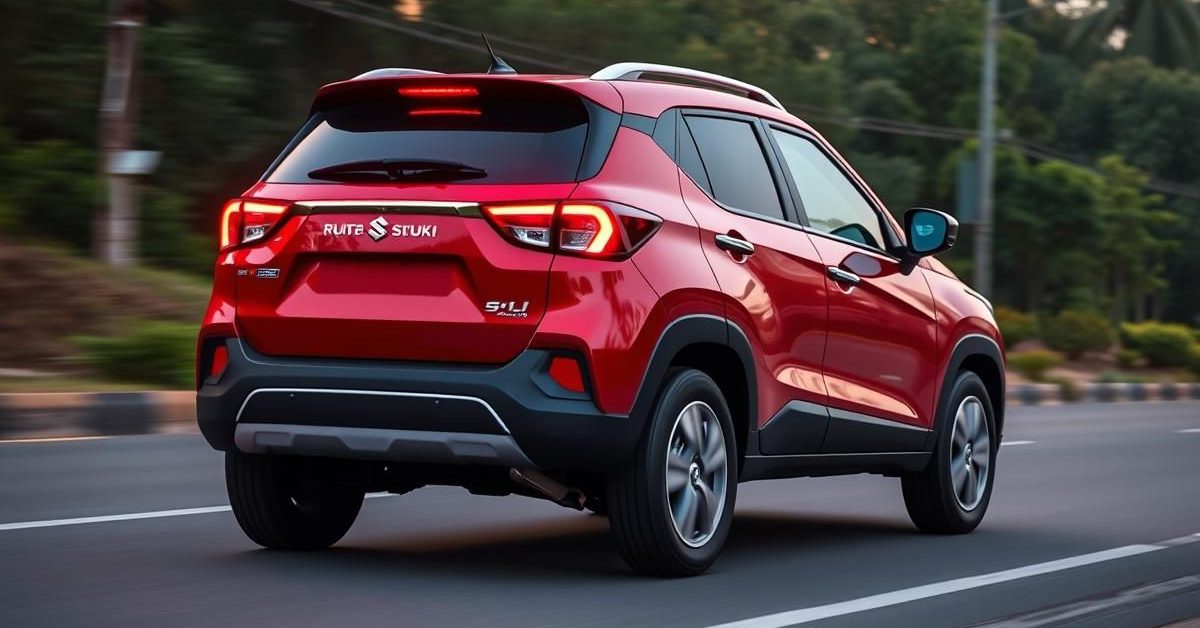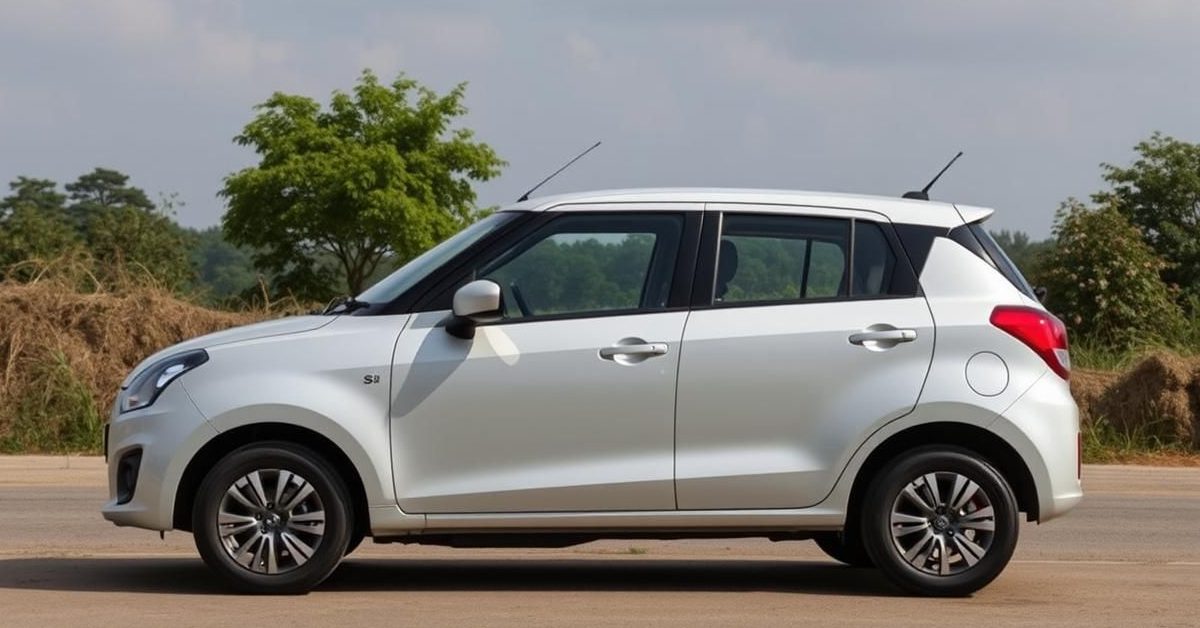Delhi has temporarily reversed its recent ban on fuel sales for older petrol and diesel vehicles, citing technical difficulties and public concerns.
The Initial Ban and Its Implementation
Starting July 1, the Delhi government attempted to ban fuel sales to “end-of-life” vehicles. This included petrol cars over 15 years old and diesel cars over 10 years old.
Over 350 fuel stations across Delhi-NCR were equipped with AI-powered automatic number plate reader (ANPR) cameras. These systems, along with automated hooters and enforcement teams, aimed to identify and prevent older vehicles from refueling. Violators faced immediate vehicle impoundment.
Why the Sudden Reversal?
Just days after the ban began, Delhi Environment Minister Sardar Majinder Singh Sirsa penned a letter to the Commission for Air Quality Management (CAQM). He stated that implementing the order immediately was “not feasible” and could even be “counterproductive.”
The primary reason for the pause stems from significant operational and technical challenges. Sirsa noted that the ANPR system was “not working properly at many places,” citing issues with camera placement, non-functioning sensors, and speakers.
Preventing a Fuel Black Market
Another major concern raised was the potential for an “illegal cross-border market for fuel.” The ban was initially limited to Delhi, meaning owners of older vehicles could simply drive to adjacent districts like Gurugram, Faridabad, or Ghaziabad to refuel, as these areas lacked the ANPR system.
This loophole would undermine the ban’s purpose, making it ineffective and potentially encouraging illicit fuel trade.
What’s Next for the Ban?
The Delhi fuel ban is now on hold until the ANPR system can be seamlessly integrated across the entire NCR region. This integration is expected to be completed by November 1, 2025.
This means the ban could potentially be reinstated once the necessary technological infrastructure is fully in place across all relevant areas.
Rethinking Vehicle Age Limits
Minister Sirsa also hinted at a more rational approach for the future. He suggested that an emissions-based assessment would be fairer than a blanket ban based solely on vehicle age.
Current rules, stemming from a 2018 Supreme Court ruling, often put private owners of diesel vehicles at a disadvantage. They pay for 15 years of registration tax but can only operate their vehicles for 10 years in the city.
- Delhi’s fuel ban for old vehicles has been temporarily reversed.
- Technical glitches with ANPR cameras and operational issues led to the halt.
- Concerns about an emerging black market for fuel in surrounding districts also played a role.
- The ban might be reinstated by November 1, 2025, once ANPR systems are fully integrated across NCR.
- The government may consider an emissions-based assessment over age-based bans in the future.
This reversal highlights the complexities of implementing large-scale environmental policies and the need for robust infrastructure to support them.













